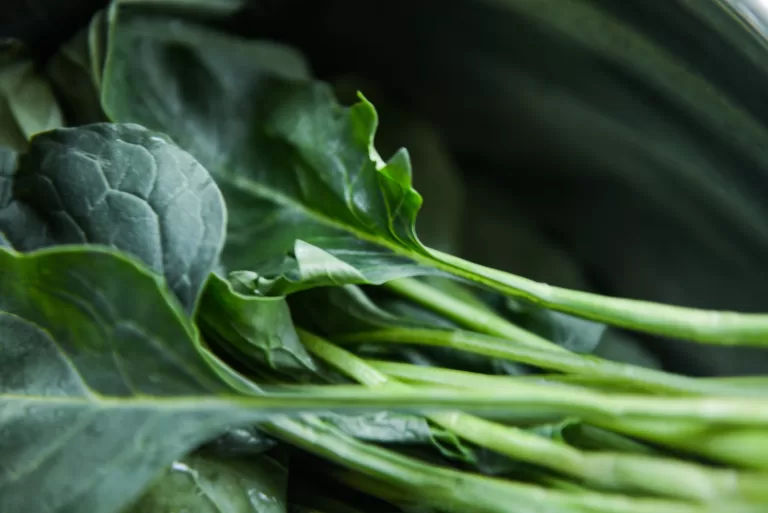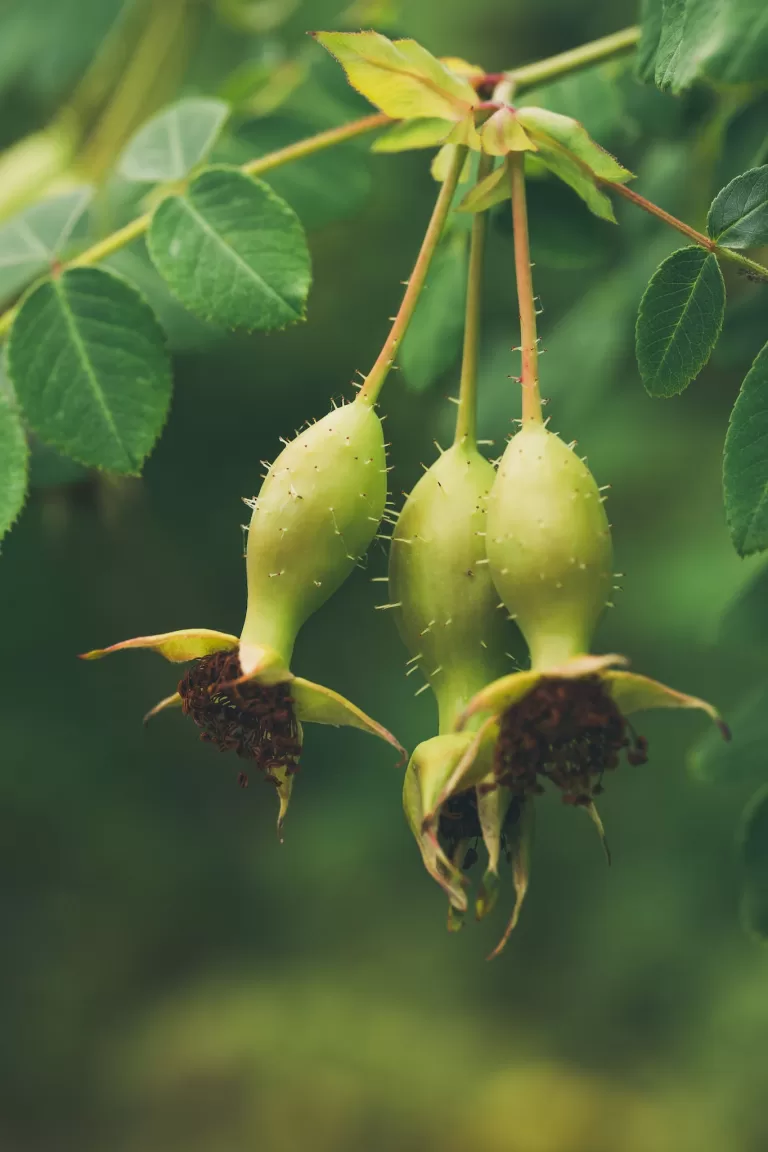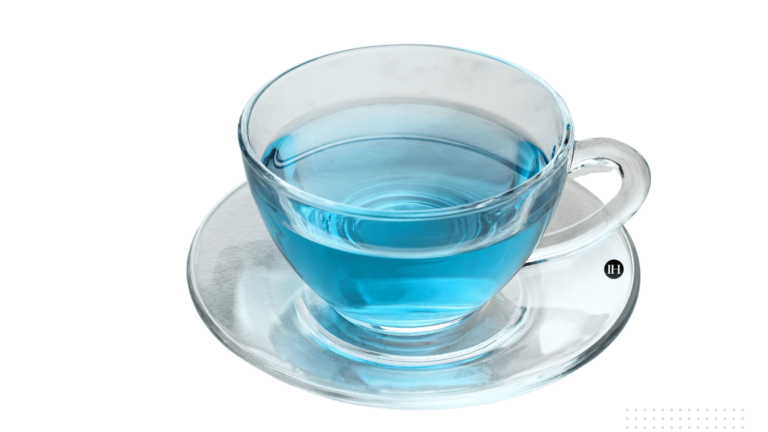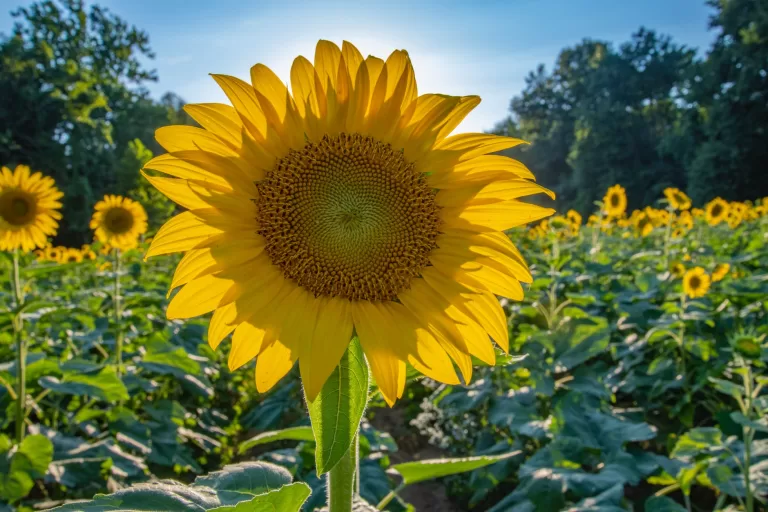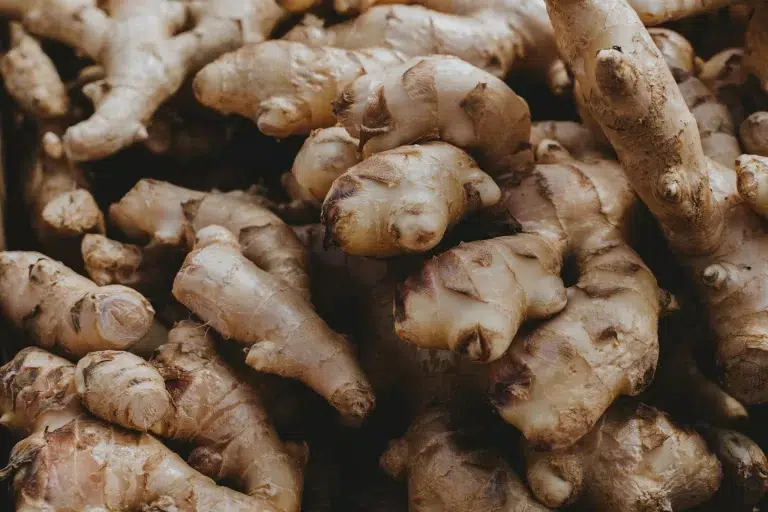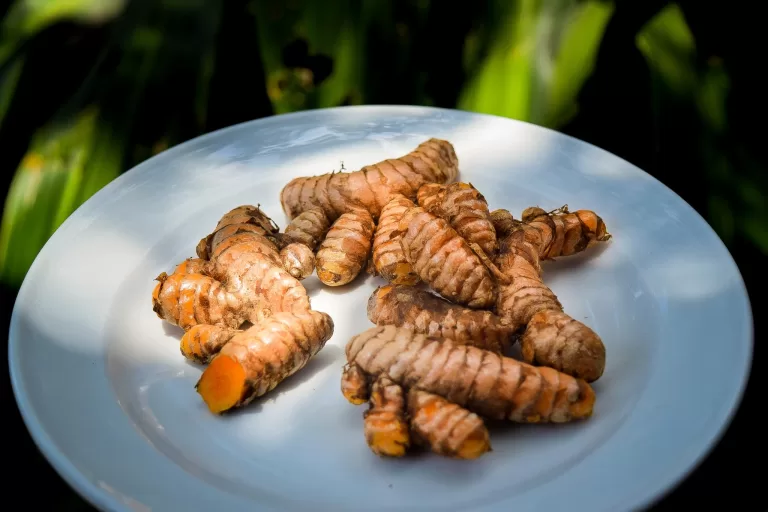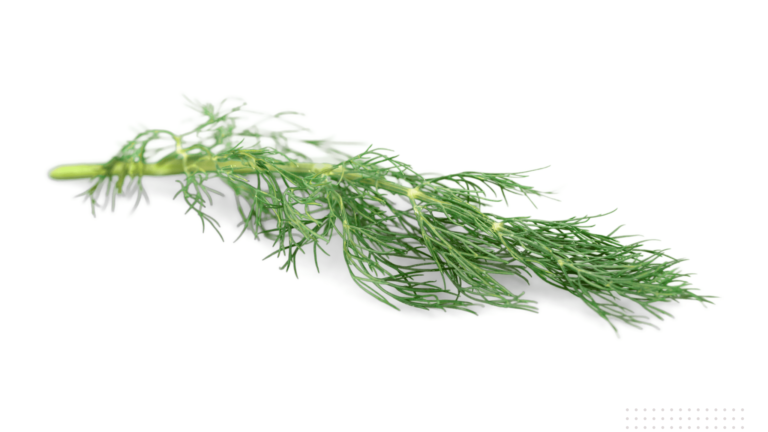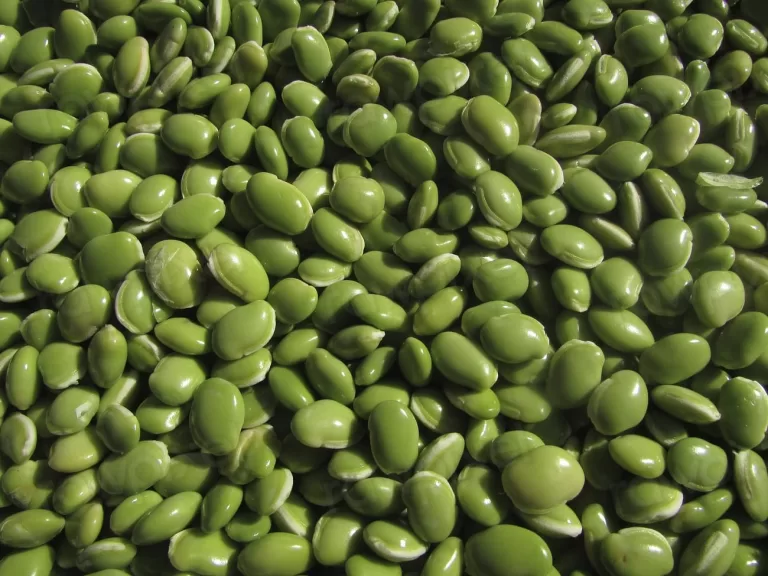What Are Bioactive Compounds: Better Body & Mind?
Plants are a natural source of bioactive compounds known as phytochemicals (micronutrients). They possess potent anti-inflammatory, antioxidant, and anti-ageing properties, among other benefits. These micronutrients have a long-standing history of use in traditional sciences for their medicinal and therapeutic effects. Recently, they have regained importance as they play a crucial…

